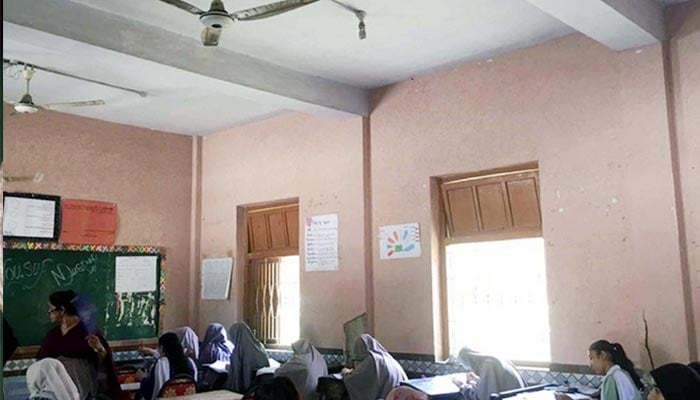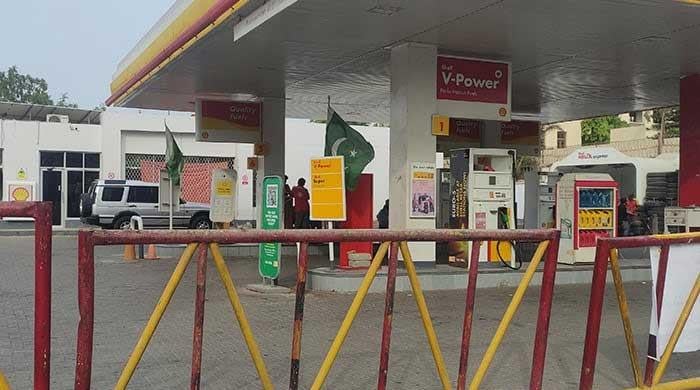KE rebuts new loadshedding schedule claims
KE spokesperson claims loadshedding schedule for Karachi has not changed since March 2023
May 28, 2023

- Loadshedding schedule has not changed since March," KE says.
- It says about 70-75% of network is receiving uninterrupted electricity.
- "Across Pakistan, rates charged are equal for each category," KE adds.
People across the country are spending restless days and sleepless nights due to prolonged power outages amid the scorching heatwave, and the situation in Karachi is no different.
The power outages that have gripped the port city for the past couple of weeks have increased manifold, causing immense distress to the people.
While Karachiites claim that the loadshedding frequency has multiplied significantly, K-Electric (KE) said that the loadshedding schedule for Karachi has not changed since March 2023, The News reported Sunday.
"The company conducts periodic assessments of theft, losses and recoveries on over 2,000 feeders which form the basis for loadshedding schedules in the city," the power-supplying company said.
The KE spokesperson, in an online statement, said that there is no new loadshedding schedule.
Commenting about the power supply situation, he said: “About 70-75% of our network is currently receiving uninterrupted electricity. These areas show low instances of electricity theft, and bills are being paid on time and in full.”
The statement mentioned that the remaining network “comprises areas where up to 90% electricity is stolen, and bills against actual consumption remain unpaid. These areas account for approximately 25% of our network.”
"Even in these localities, the company is providing electricity for up to 14 hours a day," the statement read.
However, utility services do not operate in a vacuum. Amid current macroeconomic conditions and rising fuel costs for energy generation, “free electricity” cannot be provided where bill payments are low and declining, said the statement.
Clarifying misconceptions about the tariffs, the spokesperson shared that across Pakistan, rates charged in customer bills are equal for each category. These are determined by National Electric Power Regulatory Authority (Nepra), notified by the federal government, and applied to all distribution companies, including KE.
“No company can change tariff on its own. As the government increases rates, DISCOs and KE must charge the same to customers," the spokesperson said.
The spokesperson affirmed that loadshedding can be reduced if customers pay their bills regularly. He also appreciated the cooperation of the Sindh government and the power division for their support in inculcating a culture of regular bill payments through their elected representatives in various areas of Karachi.
Suggesting a way forward, the KE spokesperson stated that support from elected area representatives is vital in ensuring a fair and sustainable electricity supply for all areas and requested them to encourage residents to prioritise bill payments while calling for and taking strict action against electricity theft.
"Long-term sustainability of the sector rests on the ability to adapt and adjust our electricity consumption patterns, and adopt energy conservation measures so that customers can manage the current economic conditions.
"All stakeholders from the customers to the provincial and federal government have a role to play," the spokesperson concluded.











